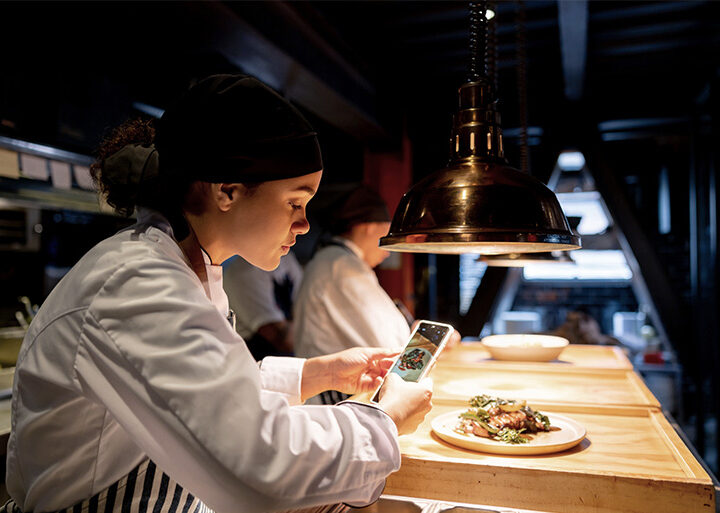If you’re a cloud kitchen owner — or planning to be one — this article might save you lakhs.
Many people think running a cloud kitchen is as simple as:
- Rent a space
- Hire a chef
- List on Zomato & Swiggy
- Get some reviews
- Orders will pour in
But reality paints a different picture.
More than 70% of cloud kitchens fail within 12–18 months, not because of the food — but because of bad decisions driven by fake consultants and inexperienced chefs.
🚨 The Consultant Trap: Chef ≠ Strategist
In Delhi NCR, a dangerous pattern is emerging.
- A chef who cooks well suddenly becomes a consultant
- A kitchen equipment seller positions himself as a restaurant strategist
- And their only advice is: “Japanese cuisine chalao, trending hai!”
But what they don’t tell you is the actual market data.
⚠️ The Japanese Cuisine Bubble: A Real Case Study
In 2015-16, Japanese cuisine saw a huge demand in Manesar-Gurgaon, primarily because of Japanese corporates working in the industrial zones.
✅ High paying audience
✅ ₹2000–₹5000 per order
✅ Influencer collaboration done right
✅ Proper marketing, branding & storytelling
✅ The kitchen scaled to ₹60 lakhs/month in sales!
Encouraged by this success, many others tried to copy-paste the model — but failed.
Why?
Because fake consultants and chefs misread the demand.
They opened Japanese cloud kitchens in areas like:
- Punjabi Bagh
- Faridabad
- South Delhi
- West Delhi
Where:
- There was no real Japanese food demand
- No Japanese community
- No marketing strategy
- No influencer buzz
- No ticket-size justification
And guess what happened?
Losses. Shutdowns. Pivots to Chinese.
Because Indian customers aren’t yet ready for premium Japanese cuisine across all regions.
🧠 The Real Problem? No Market Research. Just Blind Hype.
Japanese food is a blue ocean market.
It can work — but only if the market is mature, localized demand exists, and taste buds are evolved.
Unlike pizza or burgers which took 20 years to become mainstream in India, Japanese food is still niche.
But your consultant won’t tell you that.
They’ll just install a sushi counter and walk away with a consultation fee.
✅ What Smart Cloud Kitchen Owners Do Instead:
- They research — location, audience, pricing, taste preferences
- They invest in content marketing — not fake reviews
- They work with real influencers — giving freedom to storytell, not script
- They focus on brand building, not just platform rankings
- They avoid trend-chasing, and build timeless concepts
🔥 Influencer Marketing: Still the Most Underrated Tool
Here’s a fact:
Even Zomato officially ran influencer outreach programs till 2016.
Influencers like Dolly Chaiwala and Vada Pav Girl show us the power of buzz + storytelling.
A good influencer doesn’t just post pictures — they create emotion, virality, and relatability.
One real story can bring 1,000 customers. One fake review brings zero.
💡 Final Thoughts:
- Don’t confuse a chef’s recipe book with a market strategy.
- Don’t confuse equipment sellers with branding experts.
- Don’t follow fake consultants blindly.
- Demand proof, research, strategy, and storytelling.
If you want your cloud kitchen to survive and scale — focus on demand-driven cuisine and authentic influencer collaborations, not shortcuts.
Because in the end…
Fake reviews fade. Real stories travel.
💬 Have Questions?
Drop your thoughts in the comments — or share this with someone planning a cloud kitchen soon. You might save their business!





